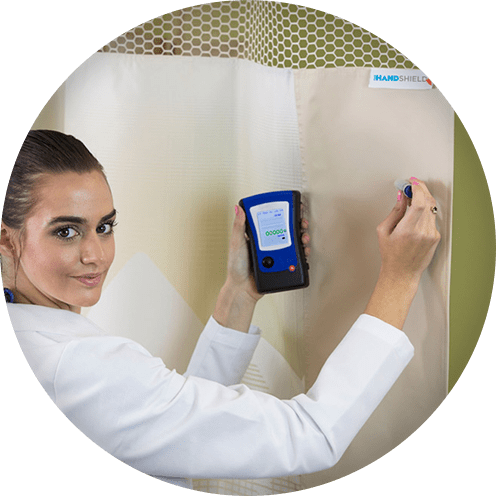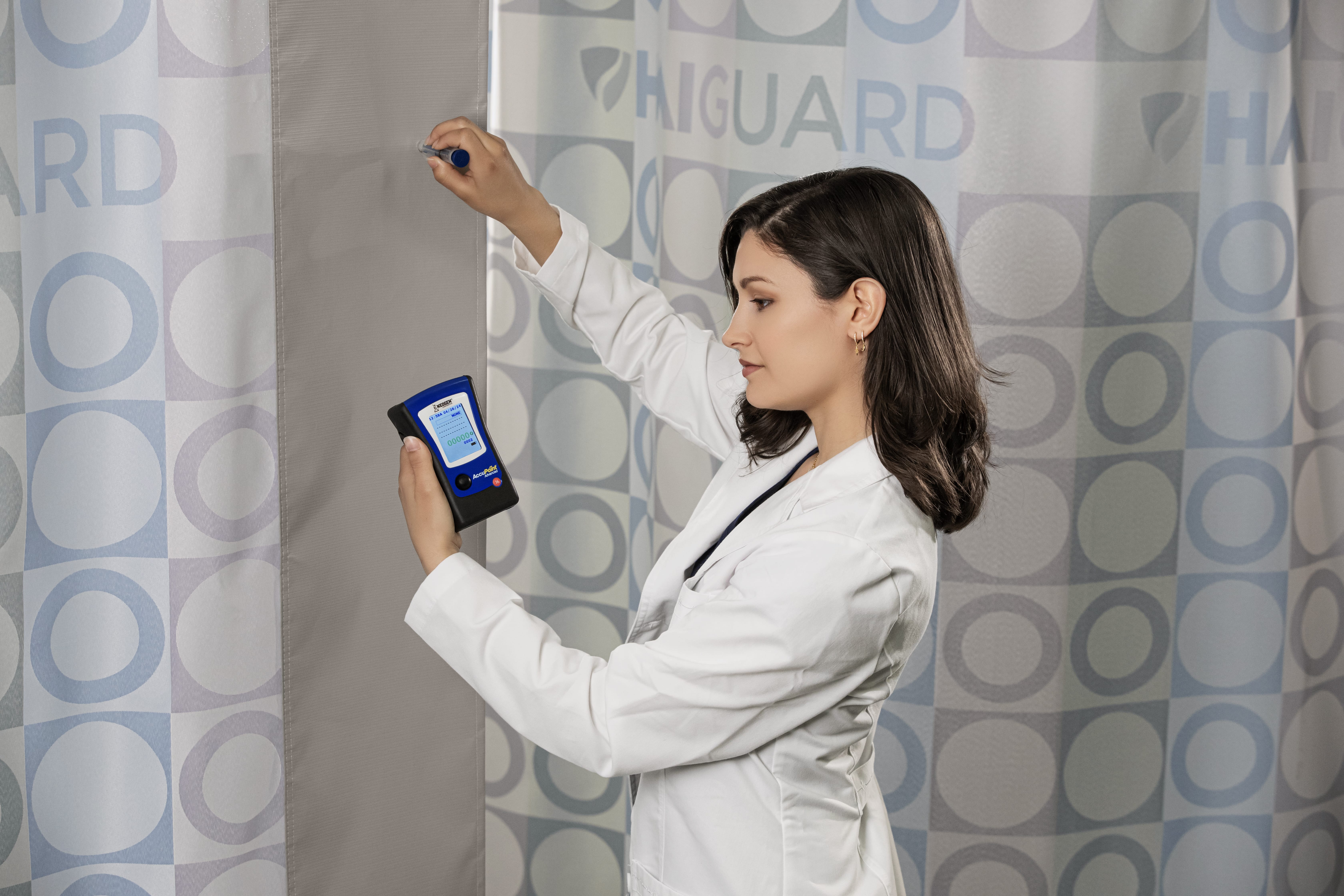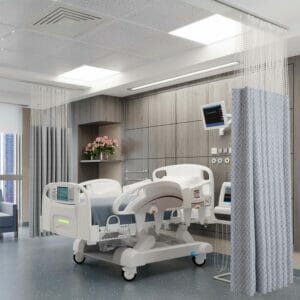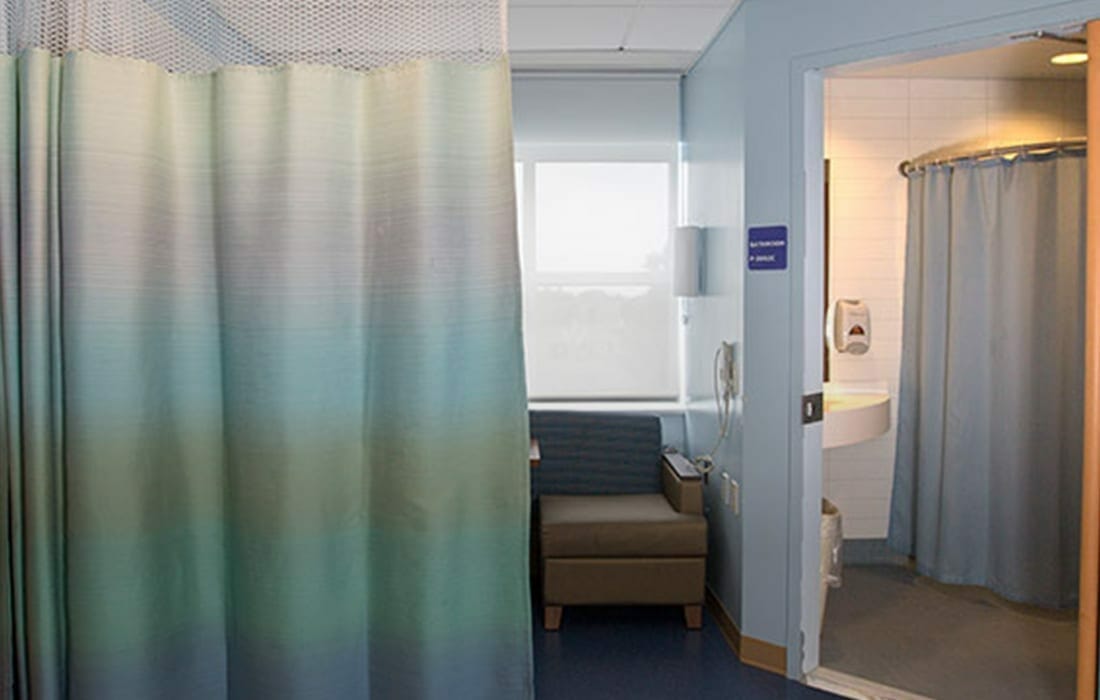Hand Shield Curtains: An Innovative Solution for Enhanced Hospital Hygiene
Hospital environments require stringent hygiene measures to prevent the spread of infections and protect both patients and healthcare workers. One of the most overlooked yet crucial elements of hospital hygiene is the use of privacy curtains. Traditional cubicle curtains often become breeding grounds for bacteria due to infrequent washing and high-touch interactions. This is where hand shield curtains come into play—offering a revolutionary solution to enhance hospital hygiene without compromising privacy or convenience.
The Growing Concern of Hospital-Acquired Infections (HAIs)
Hospital-acquired infections (HAIs) pose a significant threat to patient safety, affecting millions of people worldwide each year. The Centers for Disease Control and Prevention (CDC) estimates that approximately 1 in 31 hospital patients in the U.S. suffers from an HAI on any given day. Contaminated surfaces, including hospital curtains, play a major role in the transmission of pathogens.
Traditional fabric curtains require frequent laundering, yet studies show they are often neglected for weeks or even months, leading to cross-contamination. Hand shield curtains offer an innovative solution by incorporating antimicrobial properties and easy-to-clean surfaces, significantly reducing the risk of HAIs.

What Are Hand Shield Curtains?
Hand shield curtains are a modern alternative to standard hospital privacy curtains. Designed with advanced antimicrobial technology and durable, wipeable surfaces, these curtains minimize bacterial growth while ensuring quick and effortless cleaning. Unlike traditional fabric curtains that absorb contaminants, hand shield curtains provide a protective barrier that enhances infection control measures within healthcare facilities.
Key Features of Hand Shield Curtains
- Antimicrobial Protection: Embedded antimicrobial agents help inhibit the growth of bacteria and other pathogens.
- Easy Maintenance: Can be quickly wiped down with hospital-approved disinfectants, eliminating the need for frequent laundering.
- Durability: Made from high-quality materials that resist wear and tear, ensuring long-lasting performance.
- Customizable Designs: Available in various colors and patterns to complement hospital aesthetics.
- Improved Workflow: Reduces the time and effort required for curtain changes, allowing healthcare staff to focus on patient care.
How Hand Shield Curtains Improve Hospital Hygiene
1. Minimizing Cross-Contamination
One of the primary advantages of hand shield curtains is their ability to reduce cross-contamination. Since traditional fabric curtains absorb bacteria and viruses, they require constant replacement and washing—something that is often overlooked. Hand shield curtains, on the other hand, are designed to be cleaned in place, ensuring a consistently hygienic environment.
2. Enhancing Compliance with Hygiene Protocols
Hospitals are subject to strict hygiene regulations, and maintaining compliance can be challenging. Implementing a Curtain Compliance Program can help streamline processes and ensure that healthcare facilities meet required standards. By using hand shield curtains, hospitals can improve their ability to adhere to infection control protocols, reducing the risk of penalties or reputational damage.
3. Reducing Laundry Costs and Resource Consumption
Frequent laundering of fabric curtains consumes vast amounts of water, energy, and labor. Hand shield curtains eliminate the need for constant washing, leading to substantial cost savings while supporting hospital sustainability efforts. This eco-friendly approach aligns with the healthcare industry’s push for greener solutions without compromising hygiene.
4. Improving Patient and Staff Safety
By reducing exposure to contaminated surfaces, hand shield curtains contribute to a safer environment for both patients and healthcare providers. Patients with weakened immune systems are particularly vulnerable to infections, making hygiene a top priority. With hand shield curtains, hospitals can proactively protect their patients from preventable illnesses.
Hand Shield Curtains vs. Traditional Cubicle Curtains
While traditional cubicle curtains have been the standard choice for decades, they are increasingly being replaced by more advanced solutions. Understanding the key differences between these options is crucial for healthcare facilities looking to improve infection control.
For a more detailed comparison, check out Cubicle Curtains vs. Hand Shield Curtains: Which Is Best for Hospital Privacy?.
Comparison Table
| Feature | Traditional Cubicle Curtains | Hand Shield Curtains |
|---|---|---|
| Hygiene | High risk of contamination due to fabric absorption | Antimicrobial and wipeable surface |
| Maintenance | Requires frequent laundering | Easy to clean with disinfectants |
| Durability | Prone to wear and tear | Long-lasting, resistant to damage |
| Compliance | Difficult to track washing schedules | Easily integrated into compliance programs |
| Cost Efficiency | High operational costs | Reduces expenses associated with laundry and labor |
The Future of Hospital Hygiene: A Smarter Approach

As hospitals continue to seek innovative ways to enhance patient safety, the adoption of advanced hygiene solutions is becoming a priority. Hand shield curtains represent a forward-thinking approach that aligns with modern healthcare needs. Their ability to reduce infections, minimize costs, and streamline maintenance processes makes them an invaluable asset in any medical facility.
Implementation Considerations
Hospitals looking to transition from traditional cubicle curtains to hand shield curtains should consider the following:
- Staff Training: Educating healthcare personnel on proper cleaning and maintenance procedures.
- Regulatory Compliance: Ensuring new curtain solutions align with infection control guidelines.
- Patient Experience: Selecting designs that maintain privacy while fostering a welcoming environment.
- Cost-Benefit Analysis: Weighing the initial investment against long-term savings and hygiene benefits.
Hand shield curtains are transforming the way hospitals approach hygiene and infection control. By offering superior antimicrobial protection, easy maintenance, and cost efficiency, they provide a reliable solution to one of the most persistent challenges in healthcare settings. Hospitals that prioritize hygiene innovation will not only improve patient outcomes but also enhance operational efficiency and sustainability.
As healthcare continues to evolve, embracing solutions like hand shield curtains is a step in the right direction. Their integration into hospital environments ensures a safer, cleaner, and more efficient healthcare system for patients and professionals alike.








